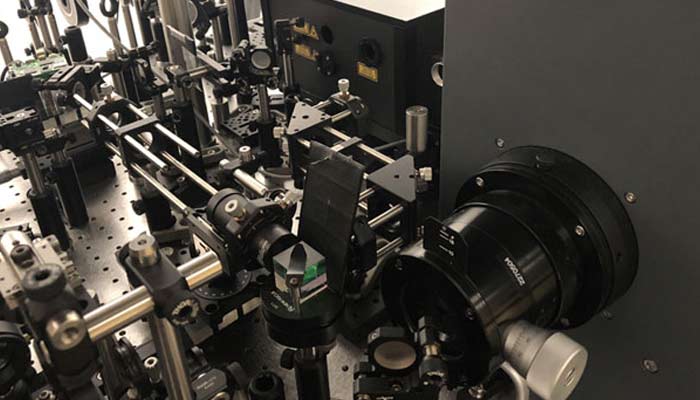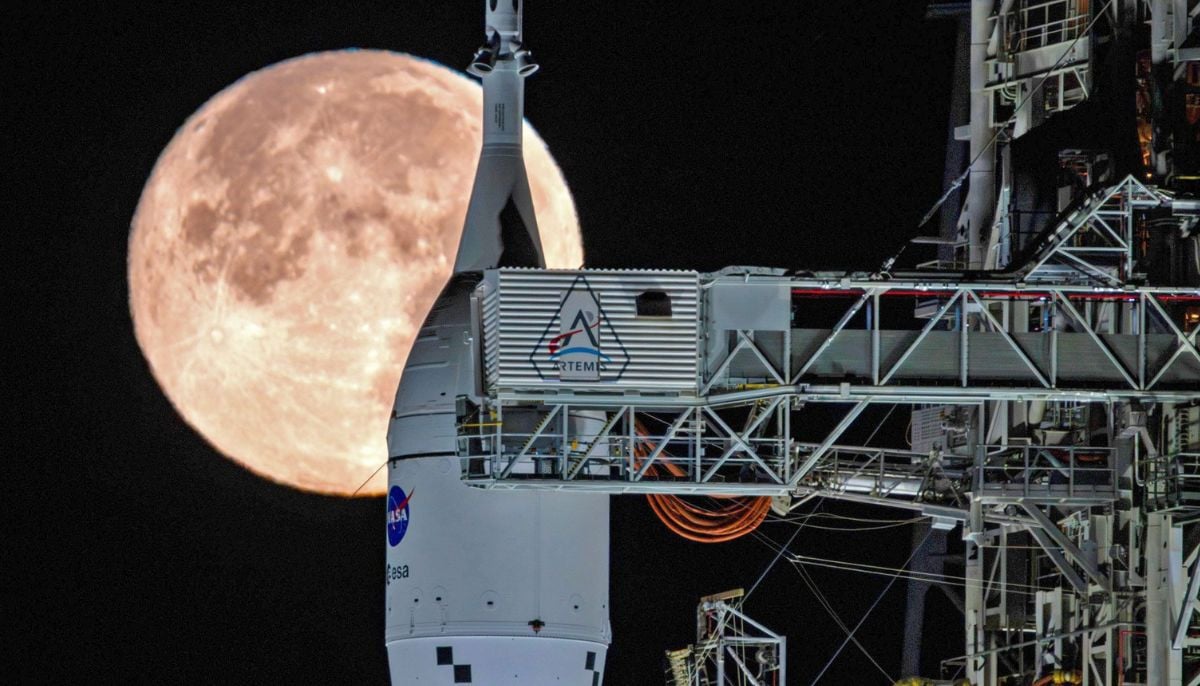World's fastest camera films at mind-boggling speed of 156.3 trillion fps
World's fastest camera, developed in Canada, is here to take over everything
A new ultrafast camera system that can record startlingly precise images at up to 156.3 trillion frames per second (fps) has been developed by the researchers.
Professional cinematic cameras, however, boast an fps rate in the thousands in comparison.
Researchers at Énergie Matériaux Télécommunications at the Research Centre Institut national de la recherche scientifique (INRS) in Canada developed this technology.
Scarf, which stands for swept-coded aperture real-time femtophotography, can record ultrafast demagnetisation of a metal alloy and transient absorption in a semiconductor with its novel technology.
The new technology will benefit advances in current physics, biology, chemistry, materials science, engineering, and other subjects, according to researchers.
In the journal Nature Communications, the details of the team’s work were published.
Professor Jinyang Liang, scientific head of the Laboratory of Applied Computational Imaging at INRS, laid the groundwork for Scarf.
The professor is known worldwide as a pioneer of ultrafast imaging and achieved a significant advancement in 2018.
The primary method employed by ultrafast camera systems has been taking individual frames one at a time until now.
They would take quick, repetitive measurements to gather data, then compile everything into a movie that recreated the movement they had seen, according to Interesting Engineering.
-
Total Lunar eclipse: What you need to know and where to watch
-
Sun appears spotless for first time in four years, scientists report
-
SpaceX launches another batch of satellites from Cape Canaveral during late-night mission on Saturday
-
NASA targets March 6 for launch of crewed mission around moon following successful rocket fueling test
-
Greenland ice sheet acts like ‘churning molten rock,’ scientists find
-
Space-based solar power could push the world beyond net zero: Here’s how
-
Hidden ‘dark galaxy' traced by ancient star clusters could rewrite the cosmic galaxy count
-
Astronauts face life threatening risk on Boeing Starliner, NASA says












